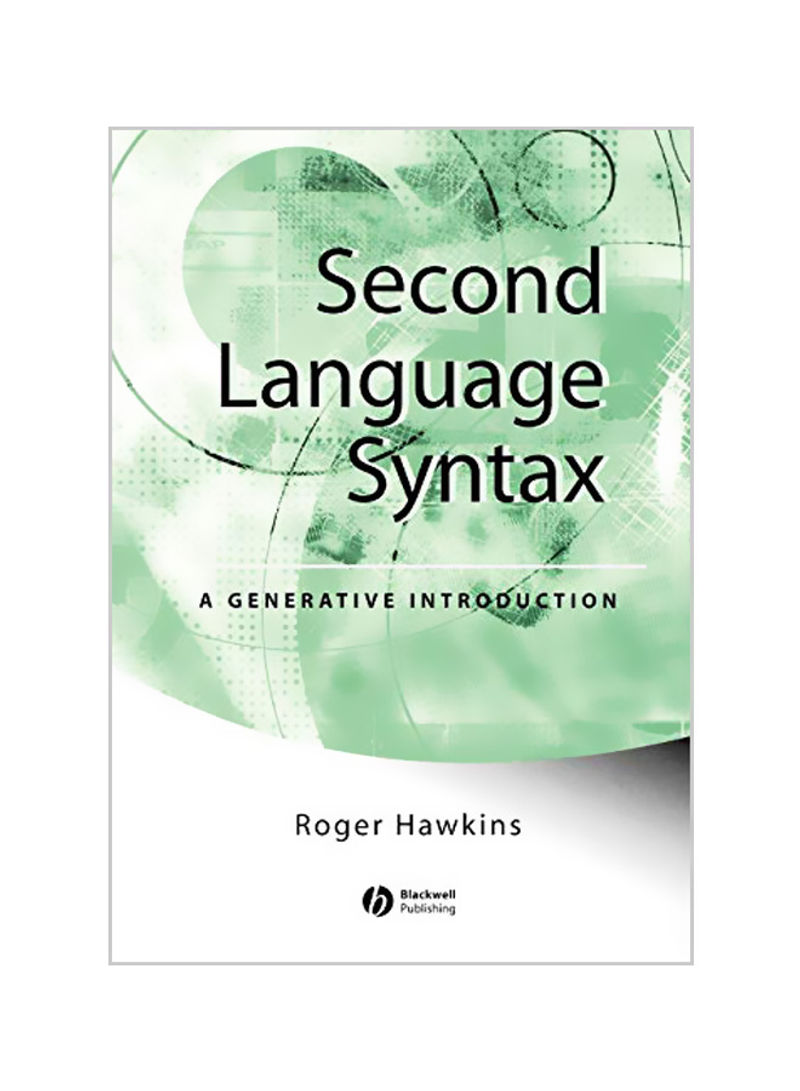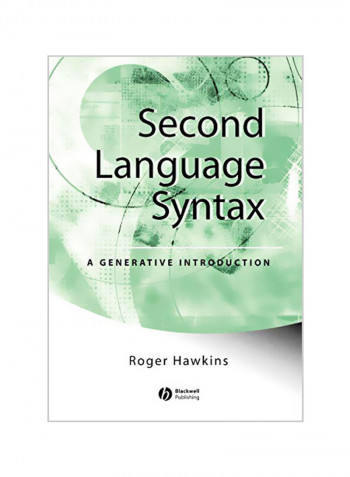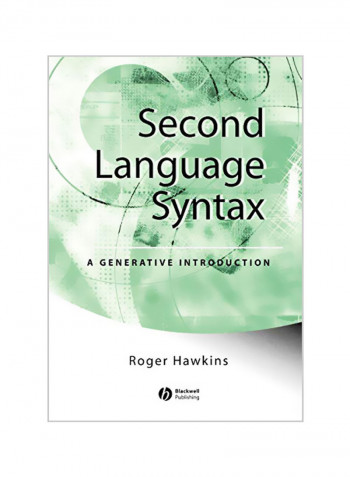Second Language Syntax: A Generative Introduction Paperback
Recommend
Sort by
Rating
Date
Specifications
Author 1
Roger Hawkins
Book Description
How do second language learners come to know the combinatorial properties of words and phrases -- the syntax - of the languages they are learning? Do they develop knowledge systematically or randomly? Can they acquire the same range of syntactic knowledge as native speakers of their target language? What effects might different kinds of exposure to the second language have on their knowledge? Adopting the objectives of Chomsky's Principles and Parameters approach to Universal Grammar, Second Language Syntax takes the reader through the main research findings in second language grammatical development. For each area, empirical findings are linked to proposals made by linguists working within the Principles and Parameters framework, with the aim of developing a theory of second language syntax.Second Language Syntax presupposes that readers have some knowledge of the aims of linguistic enquiry, but does not assume that they are familiar with either research on second language syntax or the Principles and Parameters framework. Each chapter includes a set of exercises to promote assimilation of the material, as well as suggestions for further reading.
ISBN-13
9780631191841
Language
English
Publisher
John Wiley And Sons Ltd
Publication Date
15-02-2001
Number of Pages
408
About the Author
Roger Hawkins is a Senior Lecturer in the Department of Language and Linguistics at the University of Essex. He is the author of Approaches to Second Language Acquisition and French Grammar and Usage (both written in collaboration with Richard Towell).
Editorial Review
This book is remarkably clear in its exposition, exhaustive in coverage and intelligent in its argumentation. It will find its niche in the burgeoning field of Second Language Acquisition. Antonella Sorace, University of Edinburgh "This is a fine text. The material is well-chosen and presented in an accessible and engaging manner. The exercises add utility and interest. Moreover, the author's unassuming authorial voice and lack of dogmatism make the book a valuable contribution." Margaret Thomas, Boston College



